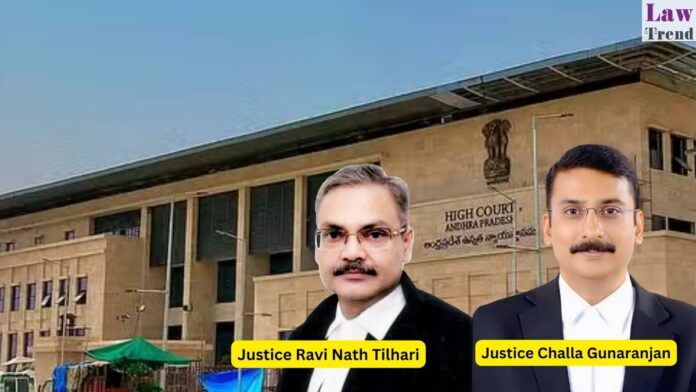In a significant judgment, the Andhra Pradesh High Court, comprising Justice Ravi Nath Tilhari and Justice Challa Gunaranjan, has upheld an order of the Andhra Pradesh Administrative Tribunal directing the State to grant notional seniority and service benefits to a group of DSC-1989 selectees who were appointed in 2002. The Court held that these more
To Read More Please Subscribe to VIP Membership for Unlimited Access to All the Articles, Download Available Copies of Judgments/Order, Acess to Central/State Bare Acts, Advertisement Free Content, Access to More than 4000 Legal Drafts( Readymade Editable Formats of Suits, Petitions, Writs, Legal Notices, Divorce Petitions, 138 Notices, Bail Applications etc.) in Hindi and English.




